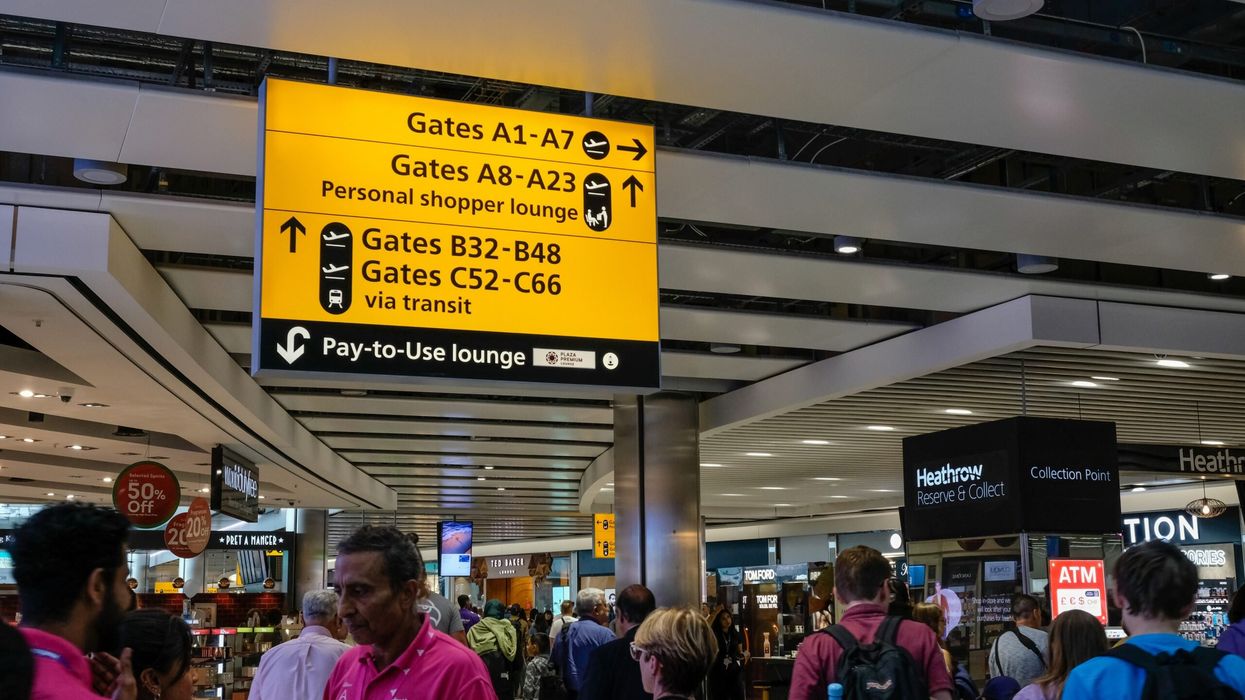THE UNITED Kingdom's population increased by 1 per cent to 68.3 million as of mid-2023, largely due to high levels of immigration, according to official data released on Tuesday.
Net international migration was the primary factor behind the population growth in England, Wales, Scotland, and Northern Ireland, the Office for National Statistics (ONS) reported. These regions together form the UK.
The natural population change, which is the difference between births and deaths, fell by 16,300. Previous ONS projections had suggested that a negative natural change wouldn't occur until the mid-2030s.
In recent years, Britain has experienced high levels of immigration, including economic migrants and those arriving via irregular boat crossings. This has become a political issue due to pressure on public services following years of under-investment.
Immigration caused the population of England and Wales to increase by 610,000 in mid-2023, marking the largest annual rise in 75 years. In comparison, net migration to Britain in 2015, a year before the Brexit referendum, was 329,000.
The population rose faster in England and Wales, both seeing a 1 per cent increase, while Scotland grew by 0.8 per cent and Northern Ireland by 0.5 per cent, according to the ONS.
Post-Brexit visa changes led to a significant drop in European Union migration to Britain, but new work visa rules caused an increase in immigration from countries like India, Nigeria, and Pakistan, particularly to fill health and social care roles.
In August, some far-right groups held protests against migrants, presenting an early challenge to the newly elected Labour government.
Keir Starmer, who became prime minister in July, ended the previous Conservative government's plan to deport asylum seekers to Rwanda. He stated that his approach to illegal migration would be pragmatic, signalling a shift from the policies of the previous leadership.
(With inputs from AFP)












